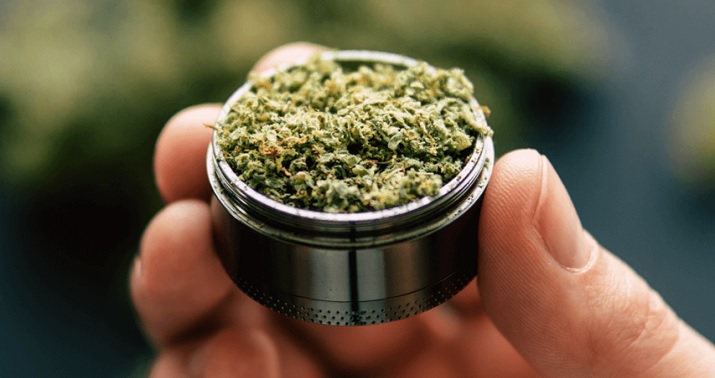
Neither the enactment of medical cannabis access laws or adult-use legalization laws are associated with any significant upticks in motor vehicle traffic fatalities, according to data published in the journal The Review of Regional Studies.
A team of researchers affiliated with Florida Polytechnic University examined the relationship between traffic fatalities and statewide policies legalizing marijuana access over a 35-year period (1985 to 2019).
Researchers identified no significant changes in trends in fatal motor vehicle crashes following the enactment of adult-use marijuana laws, and they noted a decrease in fatal traffic accidents following the passage of statewide medical cannabis access laws, NORML reported.
Authors wrote: “We find lower state traffic fatalities following the implementation of MMLs [medical marijuana laws], consistent with earlier work. This is true whether we employ a simple MML indicator or a continuous indicator of the permissiveness of state medical marijuana laws. … Controlling for prior MMLs, we find no evidence of a statistically significant association between RMLs [recreational marijuana laws] and traffic fatalities. Further, we find no evidence of an association between traffic fatalities and cross-border recreational legalization.
Previous analyses have consistently reported no changes in traffic safety following the enactment of medical cannabis liberalization laws. Data trends have been less consistent following the imposition of statewide adult-use legalization laws, with some jurisdictions showing minor changes over time and others showing no changes.
They concluded, “Liberalization [of marijuana policies] may eventually be shown to lead to more fatalities, at least under some sets of circumstances, as more and different states legalize recreational use and more data accrues. However, as of 2019, we find liberalization has been associated with lower traffic fatalities, not higher.”
 AZ Marijuana Arizona Marijuana Info
AZ Marijuana Arizona Marijuana Info






